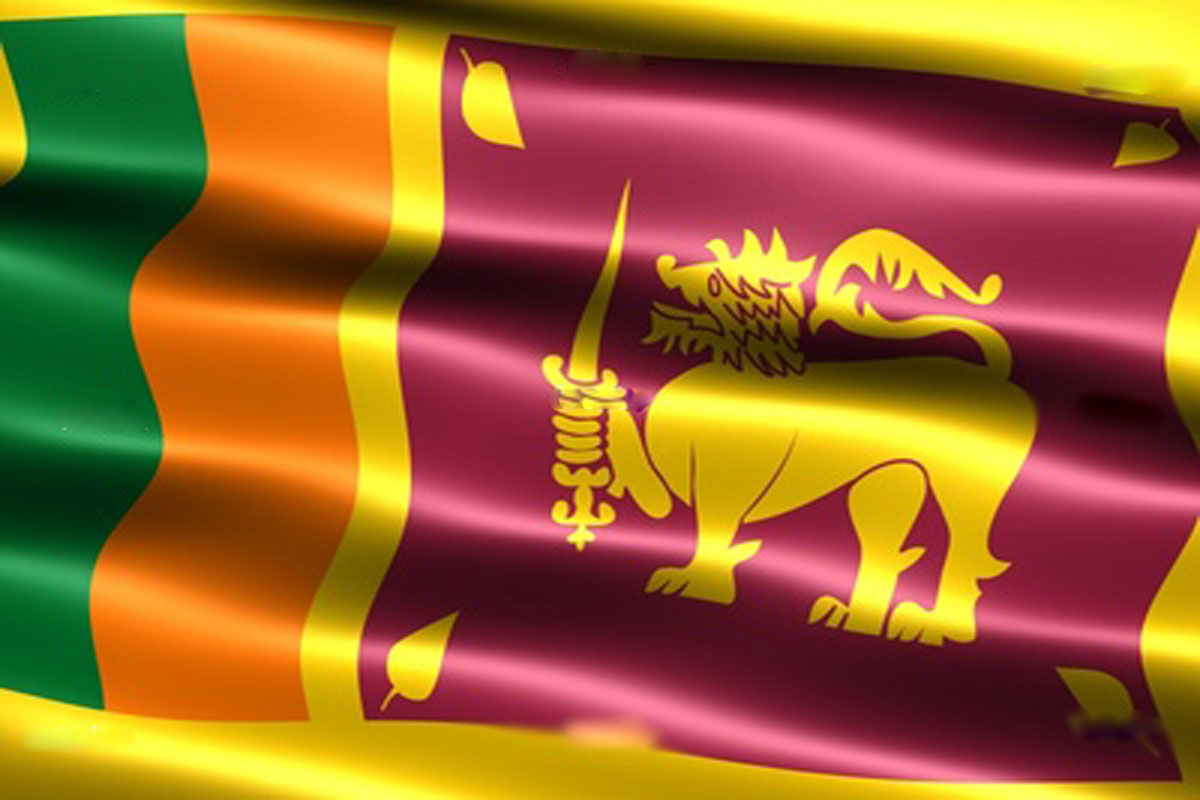Protecting Your Intellectual Property in Sri Lanka
Posted: 2nd October 2012 11:31
Julius and Creasy is one of the oldest civil law firms in Sri Lanka. Founded in 1879, the firm has established itself on rich tradition and the highest professional principles. Julius and Creasy’s wealth of expertise and experience in a wide range of specialised fields of Law enables it to offer innovative legal and business solutions to a diverse, sophisticated and high profile clientele.Our firm from its inception has been involved in intellectual property work. We are presently handling over 30,000 files of which about 10,000 are current and intellectual property involves both contentious and non-contentious matters. We file a large number of trademark applications for overseas clients being instructed by our associates in several countries including UK, European Union, USA, India, Singapore, Hong Kong, Australia, New Zealand, Japan and Korea.
We are also involved in registering overseas trademarks of well known exporters of Sri Lankan products
In contentious matters we represent clients both at the National Intellectual Property Office in opposition proceedings and in infringement proceedings before Courts, Infringement proceedings are instituted in the Commercial High Court and where necessary criminal proceedings are also instituted in the Magistrate’s Court.
Although our practice is to a great extent trademarks we have substantial portfolio of patents as well. A large part of this portfolio is related to PCT applications filed in Sri Lanka. We also file number of design applications for overseas clients in Sri Lanka and for Sri Lankan clients overseas through our associates in various countries. We also advise Sri Lankan and overseas company on copy right issues including reviewing of copyright agreements and advise publishers both in Sri Lanka and overseas.
The Intellectual Property law referred to is contained in the Intellectual Property Act No. 36 of 2003.
This law repealed all the existing statutes on intellectual property in Sri Lanka including the Trademarks Ordinance (Chapter 150), the Merchandise Marks Ordinance (Chapter 151), The Designs Ordinance (Chapter 153), the Patents, Designs and Trademarks (Neuchatel Agreement) Ordinance (chapter 156), the Patents, Designs, Copyright and Trademarks (Emergency) Ordinance (Chapter 157) and the Trademarks Act 30 of 1964. It was amended five times by Act No. 30 of 1980, Act No. 2 of 1983, Act No. 17 of 1990, Act No. 13 of 1997 and Act No. 40 of 2000. The present Act replaced The Code of Intellectual Property Act No. 52 of 1979 and preamble to the Act provides for the law relating to intellectual property and for an efficient procedure for registration, control and administration of Intellectual Property. The Act endeavours to promote national creativity and the protection of the creative efforts and it covers variety of subjects including copyright, related rights, folklore, industrial designs, marks, patents, unfair competition, undisclosed information, geographical indications and lay-out designs of integrated circuits and provides for the management and enforcement of the protected rights. It has also attempted to achieve a balance between the intellectual property rights and social interests.
Sri Lanka is a party to Paris Convention for the Protection of Industrial Property (since 1952), the Madrid Agreement for the Repression of False or Deceptive Indication of Source of goods (since 1952), the Nairobi Treaty for the Protection of Olympic Symbol (since 1984), the Patent Cooperation Treaty (since 1982), the Berne Convention for the Protection of Literary and Artistic Works (since 1959), the Universal Copyright Convention (since 1983), the Convention establishing the World Intellectual Property Organization (since 1978) and the Agreement on Trade Related Aspects of Intellectual Property Rights (the TRIPS Agreement) of the World Trade Organization (since 1995) and the Trademarks Law Treaty (since 1996).




Comments